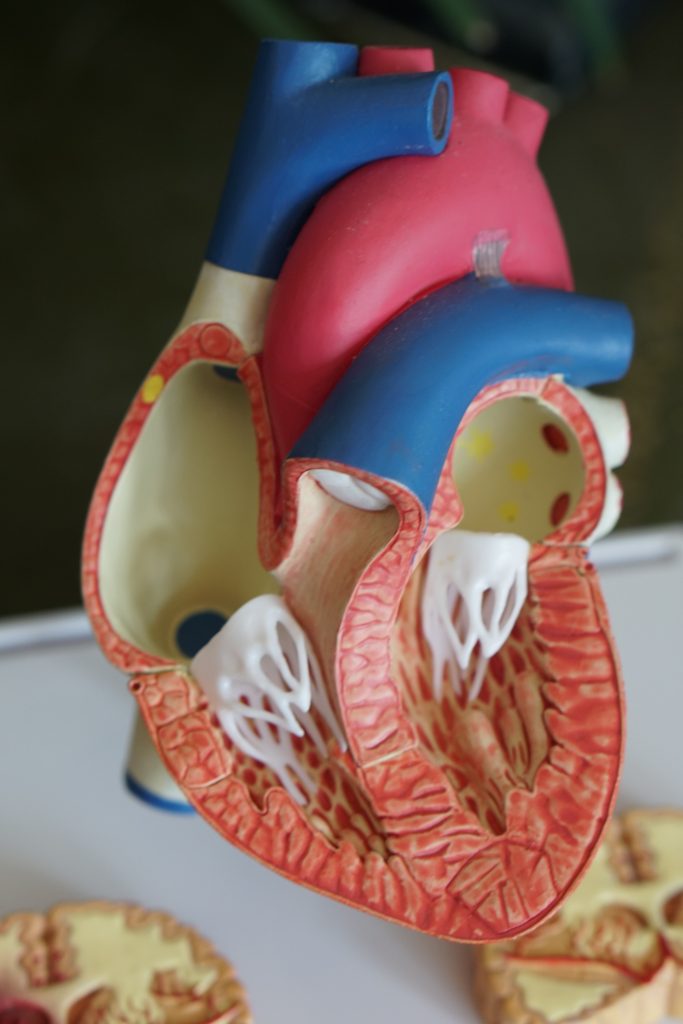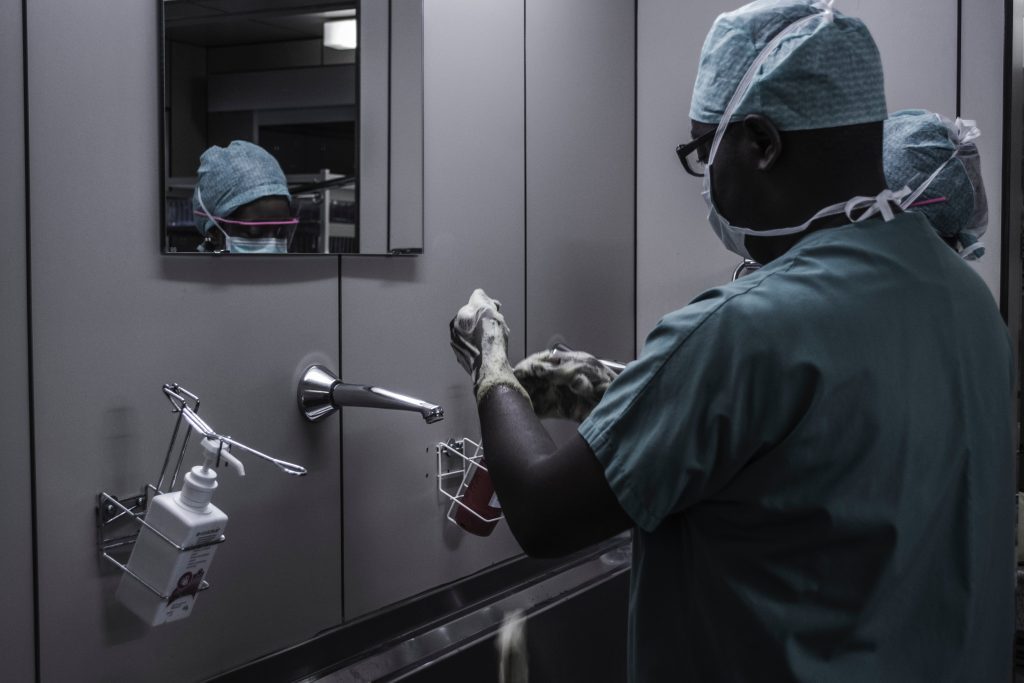Opt-Out Organ donation
Starting next year, changes to the law mean everyone in the country will appear on the organ donor register unless explicitly making the decision to opt-out. Labelled as a ‘soft opt-out’ option, legislation will assume patients wish to donate their organs after their death unless they have removed their name from the register. The plan hopes to increase the number of organs available for donation by expanding the number of patients from the current opt-in system. The changes will undoubtedly save lives, but the proposals are not a quick fix.
Doctors report most of the difficulties to overcome in organ donation come from families encountering the subject for the first time at one of the most difficult points in their lives. The current system requires a potential organ donor to place themselves on the register proactively. Even those who do wish to donate after their own death never get around to officially signing up.
Practicalities

The practice of organ donation has a stark contrast to keep in mind. On the other side of one patient’s life-saving miracle surgery is another deeply tragic story which has ended in the worst possible outcome.
Last year, in the UK, 420 patients were highlighted as potential candidates for organ donation. Of those, 228 families were approached to discuss the possibility of donation. From those initial numbers, 98 patients became organ donors, many saving multiple lives by donating more than one organ.
Four decades ago Spain and the UK both saw a similar number of transplants. Since that time, the country has implemented a similar opt-out system to the one about to be implemented in Scotland. Both medical technology and social attitudes have changed enormously in the same time.
In the first ten years since legislation changed in Spain, the number of organ donors did not drastically change. While many more patients were on the organ donor register than before, many of the challenges surrounding discussing the topic with families remained. It took quite some time before attitudes and awareness began to shift for the positive.
In 2020, Scotland and England will both move to a soft opt-out register much like Spain’s. In the time since the 1980’s the attitudes, awareness, and comfort with the topic in both countries has changed dramatically. It would be foolish and potentially wasteful to rely on these factors to bridge the gap between patients and doctors.
Alongside the change in legislation, we need a broader public awareness and acceptance of the topic before it comes home face-to-face. We need a campaign which informs, educates, and opens up the topic for discussion between families.

Regardless of even the living the wishes of the patient, doctor’s never go against the desire of relatives when it comes to organ donation. Even where a patient has granted express permission for donation, either in person or through a living will, relatives have a very practical power to block and prevent organ and tissue transplant.
In Spain, some decades later, the country has the highest organ donation rates on the planet. The country saw 48 donors per million people in the last year. In the same period the UK saw 18 donors per million people. This record is a phenomenal and hard-won achievement with the power to save a huge number of lives.
In the coming months, when we make changes to our own register, there’s little sense in waiting an entire decade to see improvements the same improvements. With a bit of work, a heightened public awareness, and open discussion on our wants and wishes after we die: there’s no reason we can’t save dozens more lives from 2020 onwards.